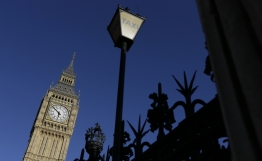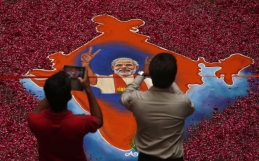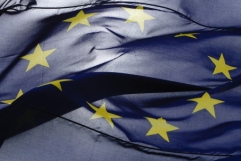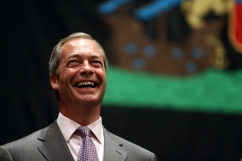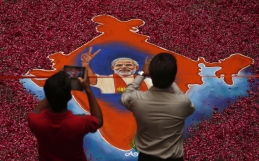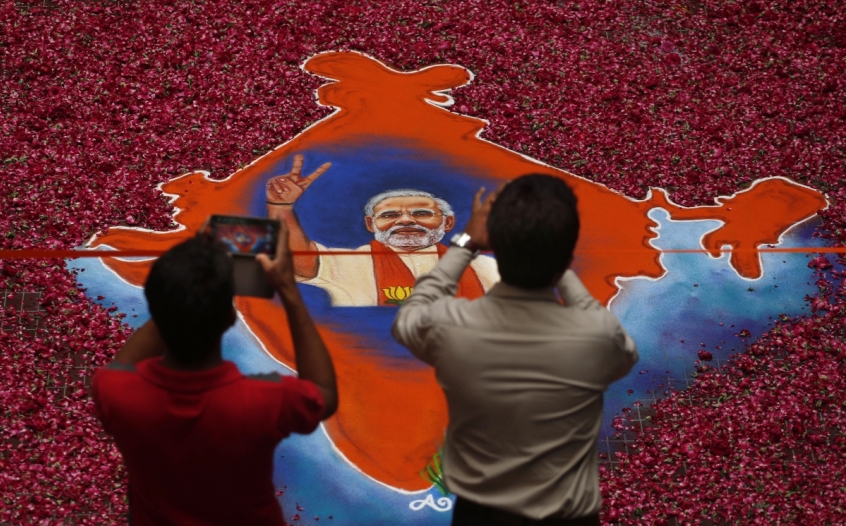
Narendra Modi has been installed as India's prime minister. Alarmingly, the world's largest democracy has chosen the Bharatiya Janata Party (BJP) to express its hopes, dreams and aspirations.
Western reservations about the new regime have tended to focus on the then Gujarat chief minister Mr Modi's alleged role in the 2002 riots, which saw up to 2,000 Muslims murdered by Hindu mobs. The BJP itself, however, has form: it promotes an aggressive Hindu nationalism which has left minorities fearful for their rights and their safety. Indian Church leaders have reportedly described its victory as "the worst possible result".
Europe is a long way from India. However, the European election results arguably represent a similar mindset. The old parties have received a mighty kicking, especially from the Right. In Britain, UKIP has triumphed, as did France's National Front; Austria's Freedom Party made huge gains, as did Greece's extremist Golden Dawn party.
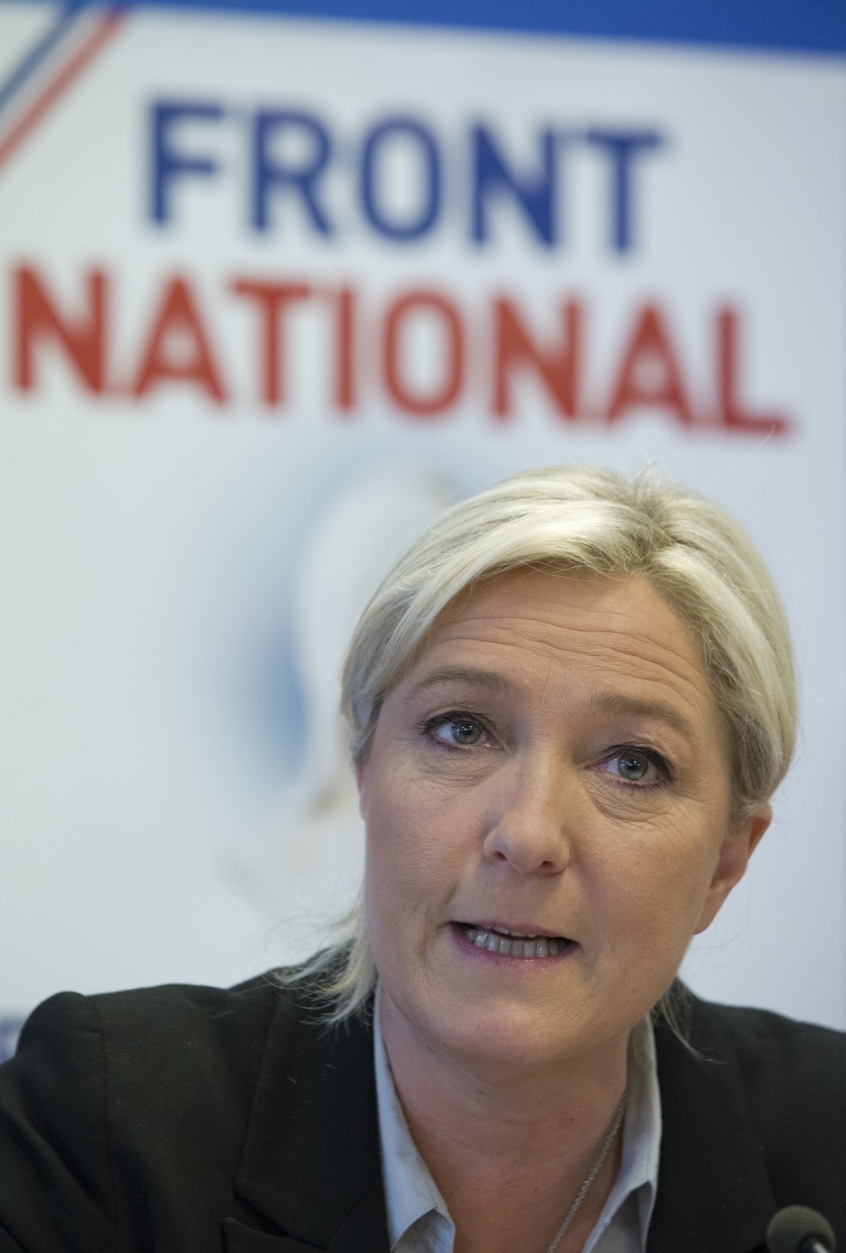
Many of the new MEPs are Eurosceptics, though to what extent their elections reflect a rejection of the European project itself is doubtful. It seems more likely that it is the political class itself which is under attack. It is not so much how good they are at what they do; it is that they seem to speak a different language from those they seek to represent. In the US, the Tea Party Republicans, in retreat but still a force to be reckoned with, fulfil the same role. The underlying narrative is that "politicians are all the same" – they're corrupt, they're out of touch, they don't speak for ordinary people.
So, how familiar is this? In Britain, and across much of Europe, there's been a similar disengagement from the Church. Some of it – and this is what gets the headlines, of course – is manifested in hostile secularist attacks. Most of it is people voting with their feet. Whole sectors of our society – think white working class, or young people (yes, thousands go to Soul Survivor, but millions don't) are just absent. Vast tracts of countryside have a minimal Christian presence as Nonconformist close and Anglicans struggle to maintain a meaningful presence in every parish. The grey and empty chapels of the South Wales valleys are a grim reminder of a greater past.
There are all sorts of reasons for our decline, but at its heart is the same belief that's led to the political earthquakes in India and Europe. There's a group of people who are perceived as being out of touch, elitist and unaccountable, who speak a different language from the rest of us and want to interfere in what we do.
Is it true? Not really, any more than it's true of Europe. But at the ballot box, what counts is what people believe. We might have brilliant stories to tell about fantastic work that's being done on the ground, but if we're only talking to ourselves, we might as well save our breath. If church happens only in buildings on Sundays, if preachers can only preach to fellow believers, if the public pronouncements of Church leaders are limited to worthy statements about climate change and global poverty, we aren't going to win hearts and minds for Jesus.
Reconnecting with the electorate is vital for politicians. It's even more vital for the Church. If we don't learn to speak the language of our culture again, and to understand the real hopes and dreams of real people, they won't choose to trust us, any more than voters chose to trust Europe.
Rev Mark Woods is a Baptist minister and writer










